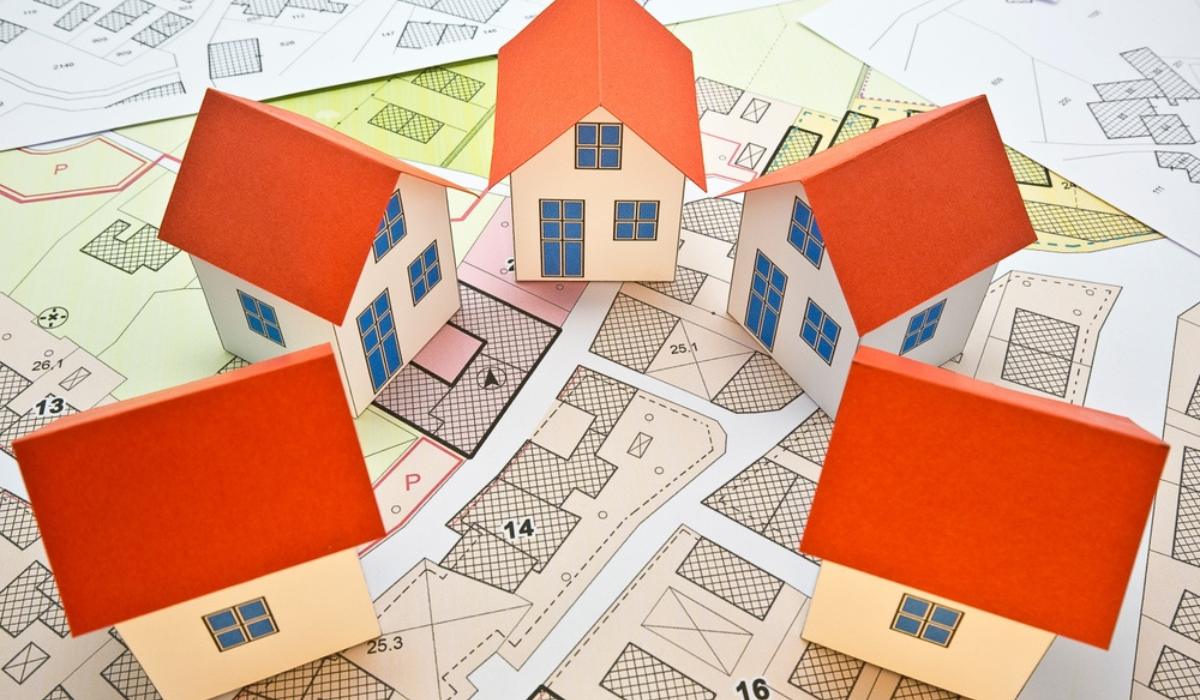Urban development is the backbone of vibrant, sustainable and liveable cities. As urban areas evolve, effective construction project management becomes increasingly important. Government agencies can organise urban development to be beneficial and sustainable to all stakeholders by streamlining the project development approval process.
Efficient planning is the foundation of successful urban development. This requires advanced Geographic Information System (GIS) mapping tools. Urban planners can view and analyse spatial data for better decision-making. Governments may use GIS mapping to identify suitable expansion areas, evaluate effects on existing infrastructure and ensure that there are no legal violations or sustainability concerns.
The digitisation of the building permit process has been a significant step towards the simplification of urban development. Inefficiencies and delays are common with traditional paper-based systems. To effectively manage permit applications, public authorities need to digitise their workflows. Automating approvals and real-time tracking ensure that permits are issued faster, enabling smooth approvals and hastening project completions.
Urban development requires code regulation compliance to ensure that all construction projects meet the local and state requirements. AI-powered code compliance validation has immense potential for overhauling this process. By using advanced algorithms, it is possible to predict building defect risks from the design stage. Such a proactive approach will reduce design changes by ensuring adherence to codes and enhance urban development project outputs.
Inspections play an important role during construction, ensuring safety and quality standard compliance. The adoption of digital technologies can significantly simplify inspection management procedures. With mobile apps, inspectors can book visits online, monitor on-location progress and submit on-site inspection reports after every visitation. This helps in better document management and allows stakeholders to communicate and resolve issues quickly. Quick and meticulous inspections are necessary to uphold quality standards and avoid costly delays.
For architects and builders, the pre-submission validation services are evolutionary and have altered the city development approval process. Validating 2D drawings and 3D models against regulations helps identify compliance issues early. This keeps rejections to a minimum and speeds up project timelines. Furthermore, it takes responsibility off of review and approval authorities and ensures that submitted projects meet all applicable codes and standards.
Streamlining the approval process in urban development is essential for fostering sustainable and well-organised growth in cities. By leveraging advanced technologies, such as GIS mapping, digitised permitting, AI-driven code compliance, efficient inspection management, and pre-submission validation, government agencies can enhance efficiency, reduce delays and ensure high compliance standards. These innovations facilitate faster project approvals and contribute to the creation of safe, sustainable and vibrant urban environments for future generations.
The author is founder, chairman and managing director of SoftTech Engineers
| Got any questions or point of view on our article? We would love to hear from you. Write to our Editor-in-Chief Jhumur Ghosh at jhumur.ghosh1@housing.com |







